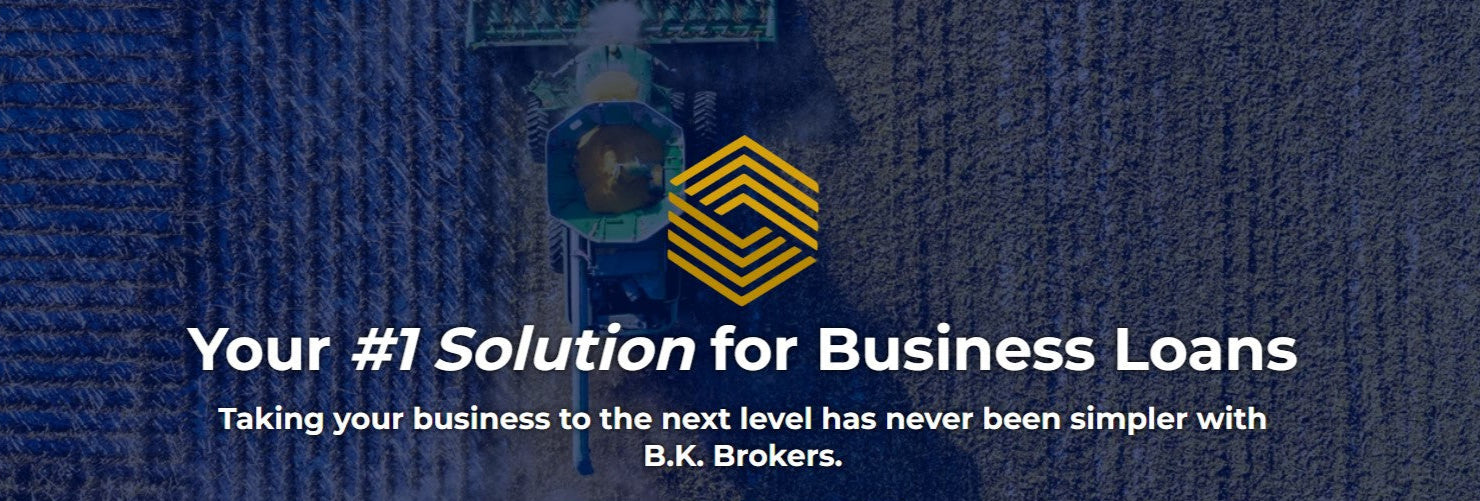Introduction
If you’re a business owner or sole trader looking to finance a work vehicle, you’ve probably heard two common terms: low doc car loan and chattel mortgage. While they might sound similar, they’re not exactly the same — and knowing the difference can help you choose the right product for your needs.
This article breaks down the key differences between low doc loans and chattel mortgages and helps you understand which might suit your business best.
What Is a Low Doc Car Loan?
A low doc car loan is designed for businesses or self-employed applicants who:
-
Don’t have full financials (tax returns, profit and loss statements)
-
Can provide alternative documents (bank statements, BAS, accountant letters)
-
Need to finance a vehicle used at least 50% for business
Low doc loans focus on flexibility, making them ideal for small businesses or contractors who need faster, less paperwork-heavy approvals.
What Is a Chattel Mortgage?
A chattel mortgage is a type of secured business loan where:
-
The lender provides finance for the purchase of an asset (like a vehicle)
-
The borrower takes ownership of the vehicle immediately
-
The lender uses the vehicle as security until the loan is paid off
Chattel mortgages are available to businesses with full documentation or under low doc arrangements and often provide GST and tax benefits.
Key Differences
-
Documentation: Low doc loans rely on alternative proof; chattel mortgages can be set up as full doc or low doc.
-
Ownership: With a chattel mortgage, the borrower owns the vehicle right away.
-
Tax Treatment: Chattel mortgages may offer GST input credits and tax deductions, depending on your business setup.
-
Purpose: Both options work for vehicles used at least 50% for business, but your tax advisor may recommend one over the other for better financial treatment.
Case Study: Sarah the Florist
Sarah wanted to finance a new van for her flower delivery business. She compared:
-
A low doc car loan, which required only her bank statements
-
A chattel mortgage, which her accountant recommended to maximise GST benefits
After reviewing both, she chose the chattel mortgage because it gave her upfront tax advantages — even though she applied under a low doc setup.
Tips for Choosing
-
Talk to your accountant about potential tax benefits
-
Check your documentation — are you applying as a full doc or low doc borrower?
-
Work with brokers who understand both products and can explain the differences
-
Be clear about your business needs and long-term financial goals
Final Call to Action
Still unsure which loan option is right for you?
✅ Check your eligibility in just 20 seconds — no commitments, no impact on your credit score.
Visit our Business Lending Hub here:
https://financetheride.com.au/pages/small-business-car-loans
DISCLAIMER
The information provided on this website is general in nature only and has been prepared without considering your financial needs, circumstances and objectives and should NOT be construed as financial, taxation or legal advice. For more information, get in touch with our experienced partner brokers today.













